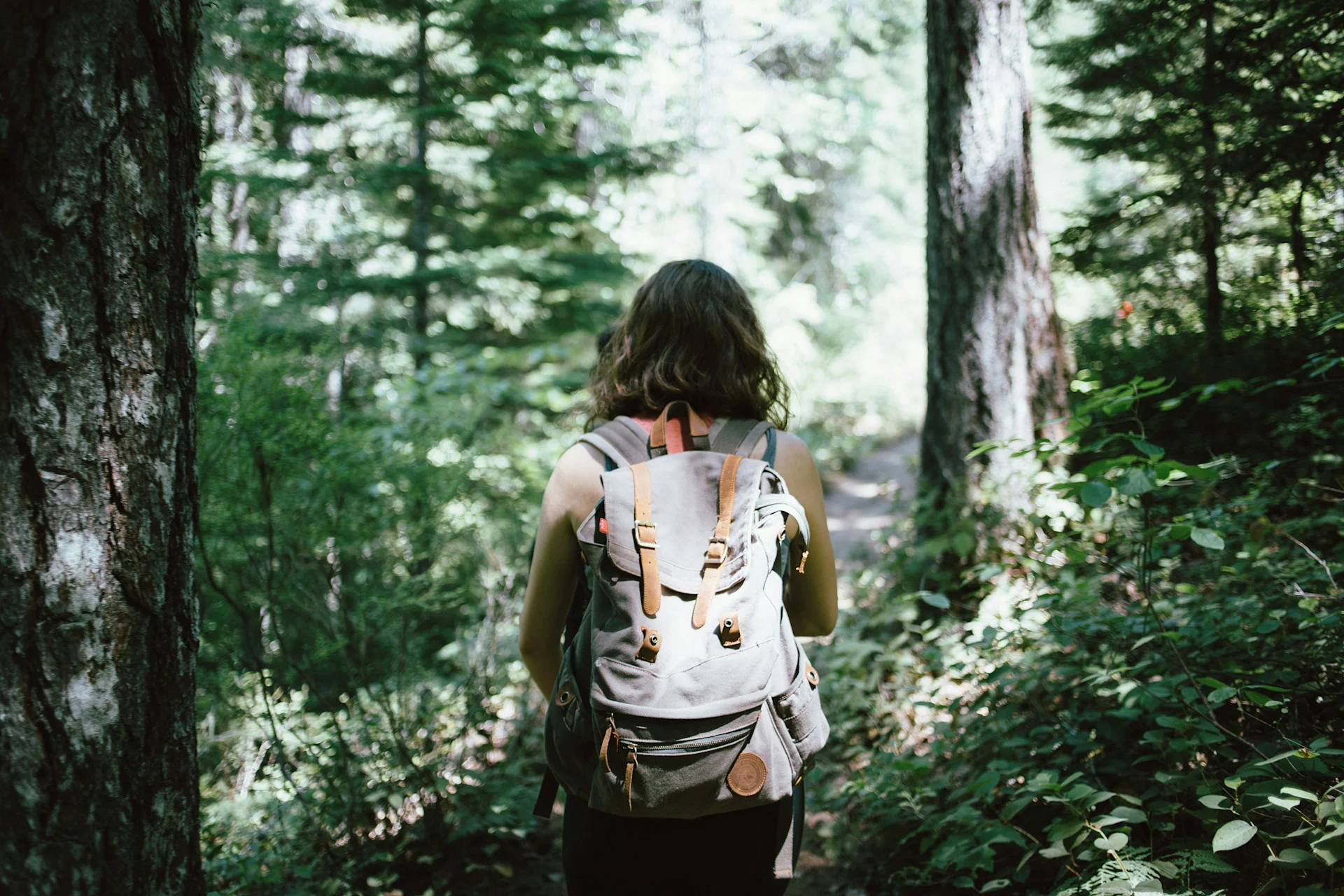
What Alberta hikers should know as days get shorter
As summer slips away and the days get shorter, search and rescue crews are reminding outdoor enthusiasts to be prepared before setting out to hike.
Mountain safety specialist Mike Koppang says it's still a great time of year to get out and explore, but there are things to keep in mind.
DON'T MISS: Here's how much wind speeds can affect your hike
"You kind of need to pack a lot of layers this time of year because it might be zero degrees or plus five degrees first thing in the morning, up to the 20s in the middle of the day and then ... start to cool down again," said Koppang.
That fluctuating weather this time of year is what Peter Trofimenkoff with Search and Rescue Alberta calls "shoulder season," the in-between weeks and months when a drizzle in the morning could freeze trails later in the day as temperatures plunge.
"It's just really unpredictable for us," said Trofimenkoff. "We want you prepared for the unexpected, and be prepared for those changes even though they may not be scheduled or forecasted."
He says people might be familiar with a hike, having done it over the summer, but not take into account the sun will set earlier.
"And then, you know, by end of October, early November, all of a sudden, oh, it's 4:30 or it's five and all of a sudden it's really dark and it gets cold fast."

What to pack
The best course of action is to be overprepared, in case a routine hike becomes an unplanned camping trip, says Trofimenkoff.
He recommends bringing:
Extra food and water
Headlamps
Two-way satellite communication devices
Portable phone charges
Microspikes
He adds hikers should also let someone know where they are going and when they expect to be back, whether that's a friend or family member or checking in on a hike planning app.
Koppang says his teams do not necessarily receive more calls for help at this time of year, but crews can be more limited in when they can respond.
"When we have a lot of light in the summer, we can respond from pretty early in the morning till quite late at night," said Koppang, who adds crews will still find a way to help any stranded hikers in need.
The bottom line, especially for those less-experienced, is to understand your limits, Koppang says.
"Make sure you choose an objective that's also reasonable. You don't want to maybe go out there and your first hike is going to be a 35 kilometre hike when the days are getting shorter."
Header image courtesy of Unsplash. This article was originally published by CBC News on September 13, 2025. It contains files from Karina Zapata.